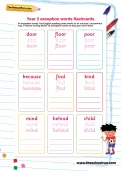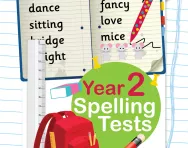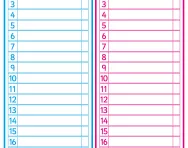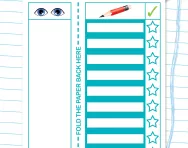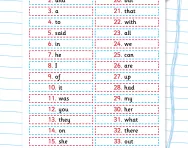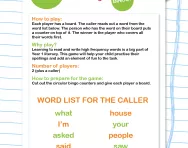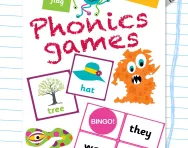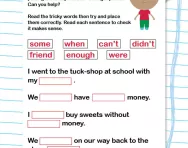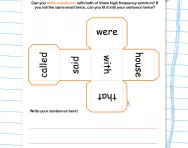Important update from TheSchoolRun
For the past 13 years, TheSchoolRun has been run by a small team of mums working from home, dedicated to providing quality educational resources to primary school parents. Unfortunately, rising supplier costs and falling revenue have made it impossible for us to continue operating, and we’ve had to make the difficult decision to close. The good news: We’ve arranged for another educational provider to take over many of our resources. These will be hosted on a new portal, where the content will be updated and expanded to support your child’s learning.
What this means for subscribers:
- Your subscription is still active, and for now, you can keep using the website as normal — just log in with your usual details to access all our articles and resources*.
- In a few months, all resources will move to the new portal. You’ll continue to have access there until your subscription ends. We’ll send you full details nearer the time.
- As a thank you for your support, we’ll also be sending you 16 primary school eBooks (worth £108.84) to download and keep.
A few changes to be aware of:
- The Learning Journey weekly email has ended, but your child’s plan will still be updated on your dashboard each Monday. Just log in to see the recommended worksheets.
- The 11+ weekly emails have now ended. We sent you all the remaining emails in the series at the end of March — please check your inbox (and spam folder) if you haven’t seen them. You can also follow the full programme here: 11+ Learning Journey.
If you have any questions, please contact us at [email protected]. Thank you for being part of our journey it’s been a privilege to support your family’s learning.
*If you need to reset your password, it will still work as usual. Please check your spam folder if the reset email doesn’t appear in your inbox.
Year 2 common exception words flashcards
What are common exception words?
Common exception words are those tricky words in English that don't follow the typical spelling patterns or pronunciation rules. They're like the rebels of the language world, breaking the rules and doing their own thing.
When your child encounters common exception words, they might struggle because these words don't play by the rules they've been taught so far. They're often irregular in spelling or pronunciation, so they require special attention and practice.
In primary school, teachers focus on teaching these words separately because they can't be sounded out or spelled phonetically like most words. Instead, your child will need to memorise them by sight.
As a parent, you can support your child's learning of common exception words by practicing them together, using flashcards or games, and reinforcing them in everyday reading and writing activities.
How will these flashcards of common exception words help my Year 2 child?
These teacher-created flashcards will help your child learn common exception words by embedding the word into their memory through repetition, visual prompts and written practice. They are encouraged to trace the words, write them out independently on the cards, then (with some adult help) cut the cards out and use them to test their knowledge.
